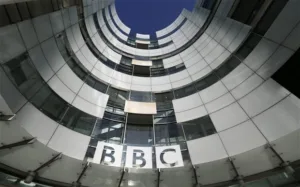The UK government has been debating the future of the BBC for several months (talks that we have reported on have revolved around the whether the licence fee is still relevant, and the iPlayer), and has now released a white paper containing its recommendations. These include:
- The replacing of the BBC Trust with a ‘strong unitary board’ that will govern the corporation. The BBC will be responsible for appointing at least half of the board memberg;
- Granting Ofcom regulatory powers over the BBC;
- Establishing an 11-year Charter to 2027, separating Charter Review from the UK political cycle;
- Retaining the licence fee for the next Charter period, with the amount paid by viewers increasing in line with inflation until 2021/22;
- A requirement for all iPlayer viewers and other BBC on demand users to have TV licences;
- The BBC to investigate new subscription offers, for additional services not currently provided by the corporation;
- A requirement to provide distinctive content and services, and a focus on underserved audiences, particularly those from ethnic minority backgrounds.
The recommendations have been met with a mixed reaction. Shadow Culture Secretary Maria Eagle said, “[Secretary of state for culture media and sport John Whittingdale]’s views are totally out of step with the licence fee-payers who value and support the BBC.” University of Westminister professor of communications Steven Barnett added that the recommendations are “profoundly worrying.” They are also “a recipe for potential state intervention in the BBC on an unprecedented scale.”
However, the Digital Television Group welcomed the announcement for the stability that it will bring to the industry.

